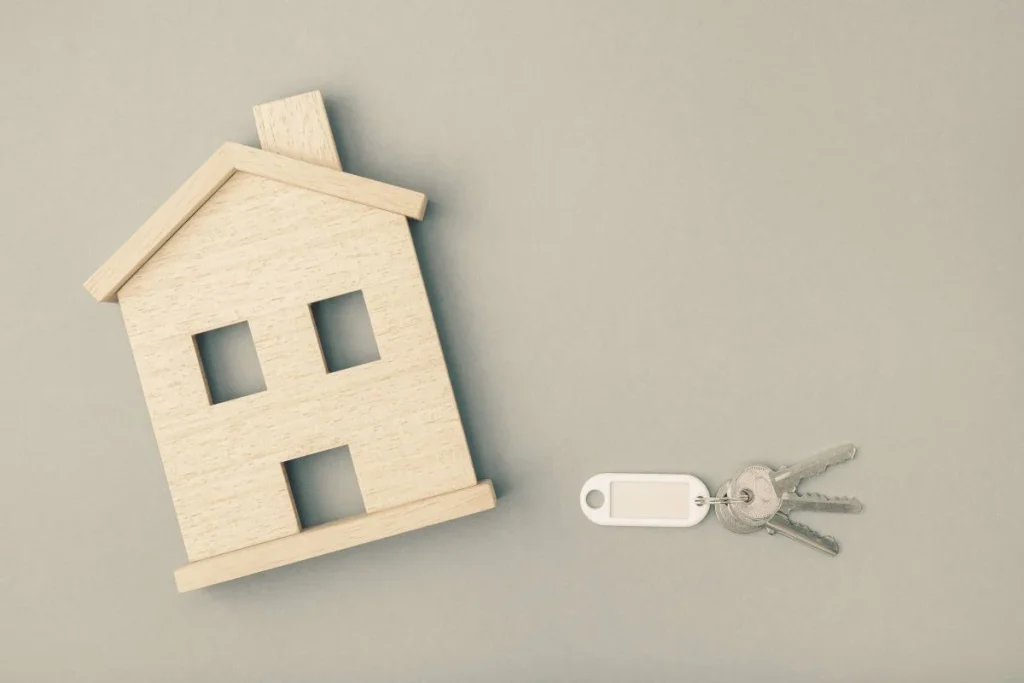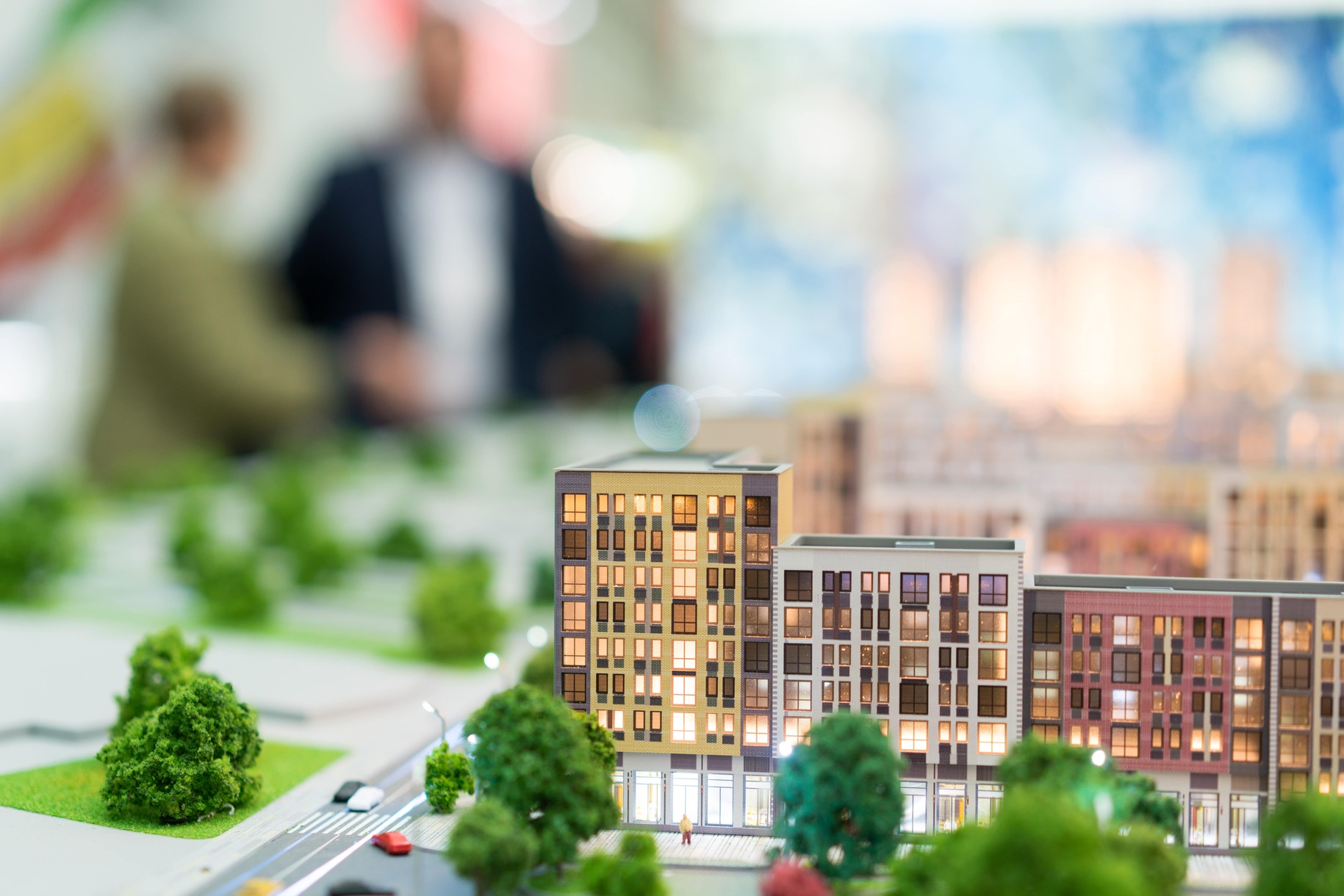What is an Off-Pan Property?
Off-plan property is a term used in the real estate industry to describe a property that is not yet built. When you buy off-plan property, you are purchasing a property that is still in the planning stages. The developer has not yet broken ground and erected the building, so you are essentially buying a piece of land in off plan purchases with the promise that a property will be built there in the future.
What are Ready for Occupancy (RFO) Properties?
Ready for occupancy (RFO) properties are those that are completely finished and ready to live property immediately or within a short time frame. There are many types of RFO properties, including apartments, condominiums, and single-family homes. Typically, RFO properties are marketed and sold as such, with completion and move-in dates clearly specified.
Buyers who are looking for a quick move-in should consider RFO properties, as they can avoid the hassle and stress of waiting for a property to be built or renovated. In addition, RFO properties may come with some built-in savings, as the developer may offer incentives such as waived or discounted fees.
However, there are a few things to keep in mind when considering RFO properties. First, it is important to verify that all of the finishing touches have been completed and that the property is in good condition. Secondly, it is important to ensure that all of the applicable paperwork and legalities have been completed, as there is no turning back once you move in.
Overall, RFO properties can be a great option for buyers who are looking for a hassle-free move-in. By doing your homework and verifying that the property is finished and in good condition, you can ensure a smooth transition into your new home.
There are many benefits to living in a Ready for Occupancy (RFO) property. RFO properties are typically newer and have less wear and tear. They also have all of the features and amenities that you would expect in a modern home. Lastly, RFO properties are often more affordable than vacant properties or properties that are still under construction. If you are looking for a new home, be sure to consider RFO properties.
Benefits of Buying Off-Plan Property

There are a few reasons why you might want to buy off-plan property:
1. You get to choose your own finishes
When you buy off-plan property, the developer will typically give you a range of finishes to choose from. This allows you to create a property that is completely tailored to your own tastes.
2. The prices are often lower in off-plan properties
Off-plan property is often cheaper than property that is already built. This is because the developer has not yet incurred the costs of construction, so they are able to offer the property at a lower price.
3. You can lock in today’s prices in the off-plan property market
When you buy off-plan, you are essentially buying a property at current prices. This is because the developer will typically increase the price of the property as it gets closer to completion. By buying off-plan, you can guarantee that you are paying the lowest possible price for the property.
4. The development may be in a desirable location
One of the benefits of buying off-plan is that you often have the opportunity to invest in a development that is still in its early stages. This means that the development may be in a desirable location, and that there is still potential for capital growth.
Benefits of Ready-for-Occupancy Properties

When it comes to finding a property to buy, there are a few things that everyone looks for: affordability, a good location and – of course – the right size for their needs. However, what many people don’t know is that there is another option that ticks all of those boxes, and that’s ready for occupancy properties.
Here are some of the main benefits of ready for occupancy properties:
1. You can move in straight away
The best thing about ready for occupancy properties is that you can move in straightaway, without having to wait for any renovations or construction work to be completed. This is a huge advantage, especially if you’re looking for a fast turnaround or you need to move in quickly for some other reason.
2. The finishes are already done
Another benefit of ready for occupancy properties is that the finishes are already done, which means you don’t have to worry about any last-minute decisions or renovations. This can be a big time saver, especially if you’re already short on time.
3. The quality is usually higher
One of the biggest benefits of ready for occupancy properties is that the quality is usually higher. This is because the developer has already had a chance to test everything and to make sure that it’s up to standard. This means that you can avoid any potential problems down the road.
4. There’s less chance of delays
Finally, one of the biggest benefits of ready for occupancy properties is that there’s less chance of delays. This is because the developer has already taken care of all the necessary permissions and construction work, so there’s less chance of something going wrong.
The benefits of Ready for Occupancy properties are clear: convenience and affordability. When purchasing a Ready for Occupancy property, the buyer is skipping the often lengthy and expensive process of having a property custom built. Additionally, Ready for Occupancy properties are typically priced lower than newly built properties, as the developers have already accounted for the construction cost.
Conclusion

Investing in off-plan property can be a high-risk, high-reward investment. If the property market crashes, you could lose your entire investment. However, if the market rebounds, you could see a significant return on your investment. Off-plan properties are typically available for purchase much earlier than ready properties. Off-plan properties may also be available at a lower price than their ready counterparts. However, off-plan properties involve a higher degree of risk, as the purchaser is buying a property that has not yet been completed. Ready properties, on the other hand, are typically available for purchase closer to the completion date of the development, and may carry a higher price tag.
Related Blog: Why Should you Buy a Pre-Selling Property?


